In 1932 Professor Giuseppe Tucci published his fundamental work Indo-Tibetica I on the stupa in general as well as on stamped and die-cast votive stupas in Indian and Western Tibet, as a contribution to the study of Tibetan religious art and its meaning. It contains crucial results of Tucci’s field investigations and perceptions, which have been inaccessible so far to the English-reading world. The present English translation seeks to put it within the reach of indologists, art historians, Tibetanists, anthropologists, archaeologists and others. The work of Tucci is basic to an understanding of the function of the Stupa, its architecture and the significance of its various parts, and its symbolism in general. Tucci’s translation of classical Sanskrit works on the architectonics of the stupa, like the text of Sahajavilasa which is preserved only in a Tibetan translation, make this book a must for every student of Indian art. Sanskrit equivalents of Tibetan terms make it comprehensible to a wider audience, e.g. stupa/mchod-rten. The profundity which Prof. Tucci bears on the subject gives a creative view, an inner vision, the original perspective in which stupa originated and evolved. The book bears a preface by the General editor of the series, Prof. Lokesh Chandra wherein he discusses at length how the various enumerations of the stupas enable us to formulate anew the functions of the stupa and its semantics. The socio-cultural as well as economic-political significance of the terms stupa, caitya and dhatugarbha from Indo-European linguistics, Vedic tradition, Pali texts, archaeological evidence and Tibetan scrolls provide new insights. A fascinating book on the shared cultural values in Asia and on the consecration of space in the Buddhist world.
Buddhism in Ancient Bengal
$20.70
$23.00


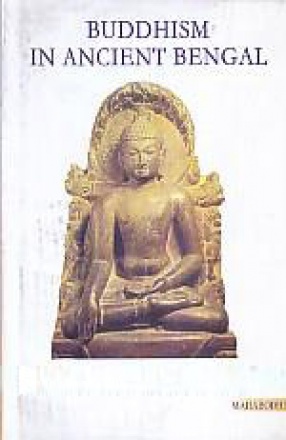
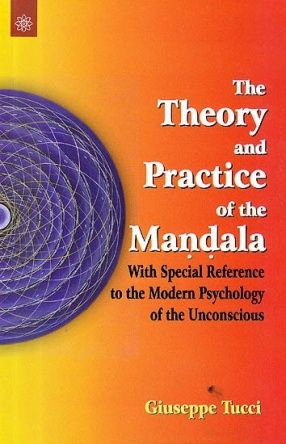
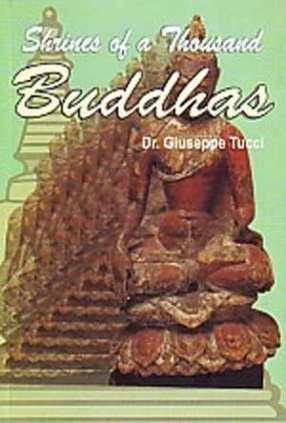
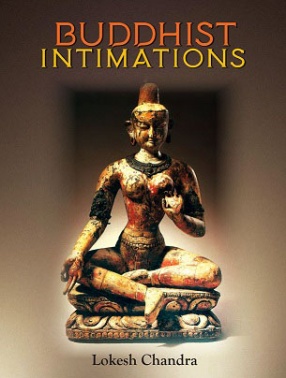
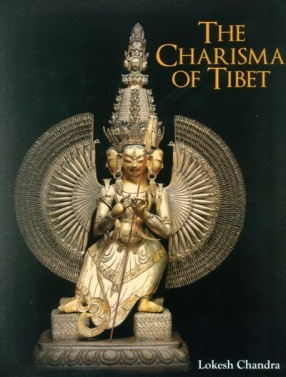
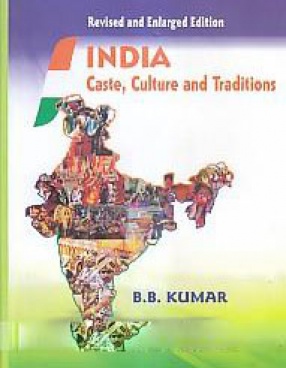
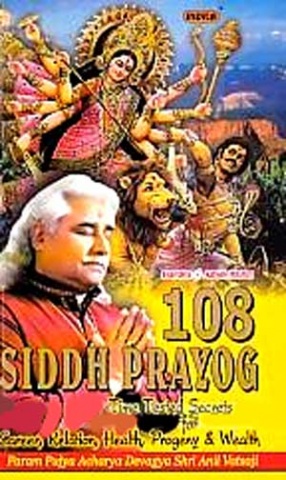
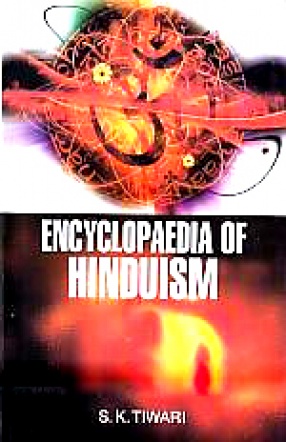
There are no reviews yet.